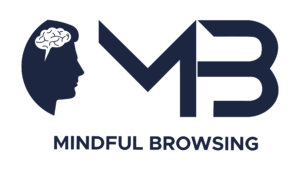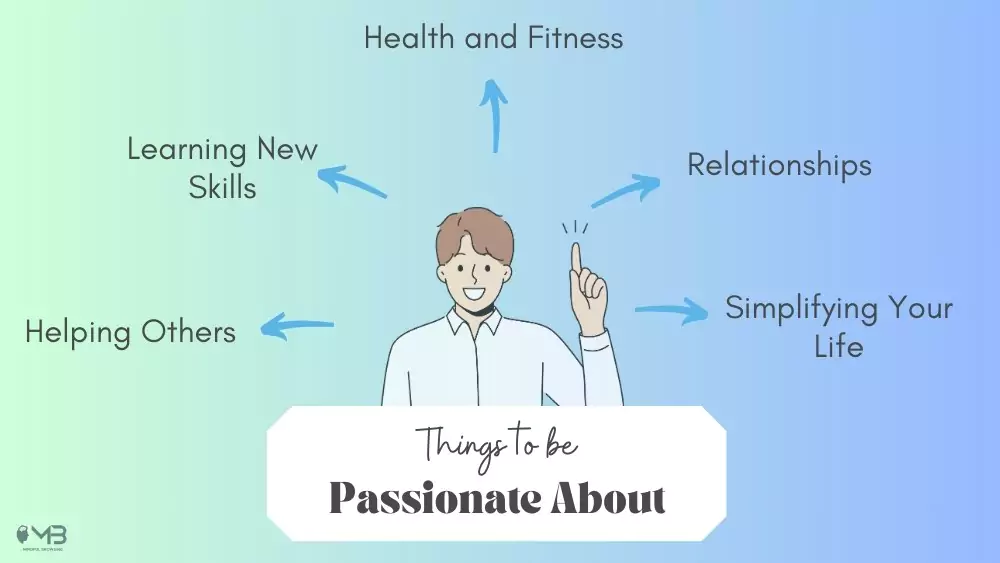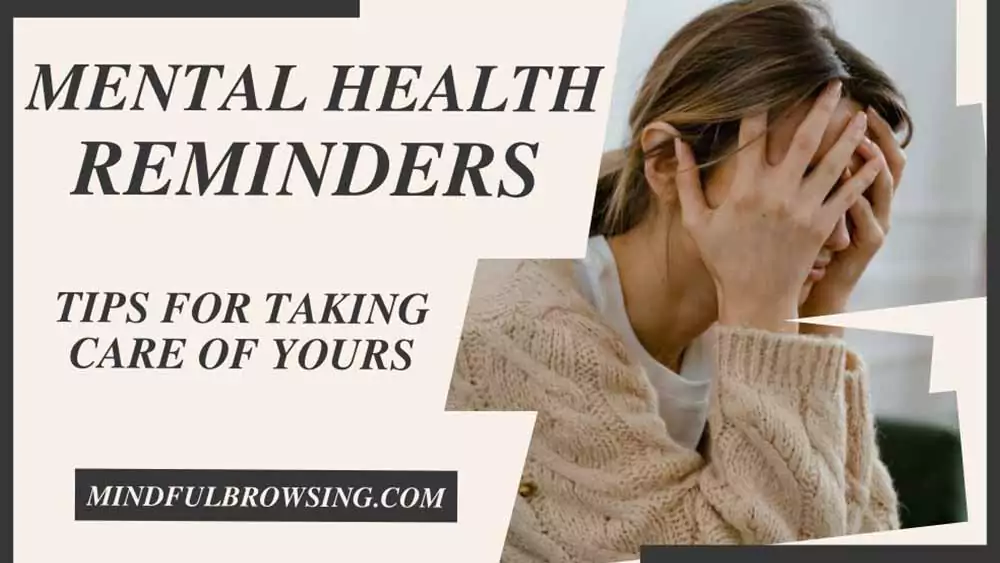
Are you feeling sad, tired, depressed, and anxious most of the time? Mental health reminders give you the strength to cope with these mental conditions. It reminds you that you are not alone and directs you towards positivity.
Mental health reminders work like the most powerful manifestation techniques focusing on your mental health. So, here we provide you with the most effective mental health reminders to regain positivity and live a normal life like before.
Importance of Mental Health
Mental health comprises a person’s emotional, psychological, and social well-being. It affects our overall social behaviors and our actions. Mental and physical health are also interconnected. Depression and anxiety can cause many physical diseases like diabetes and coronary artery disease.
Mental health sets our priorities regarding what we think, behave, handle challenges, and make healthy choices in our lives. You can also relate it to developing the qualities of a good friend or withdrawing from socializing. In short, mental health decides your qualities and personality.
10 Positive Reminders for Good Mental Health| Strategies for Consistency and Motivation
To help you cope with positive talk, thinking, and advice, we have curated a list of the most positive daily mental health reminders:
1. Be Kind to Yourself, Face Challenges With Grace

Treat yourself with kindness, compassion, and acknowledgment. Everyone has ups and downs in life.
Kindness and self-compassion foster resilience and help in facing life’s challenges with grace and courage.
2. Communicate Your Needs You Deserve to be Heard

Just know your worth and do what you want and prioritize yourself, your needs. Make your mind that you are the most important person in the world.
Discover your inner self and adopt the things that make you happy. It can be a hobby or eating, cooking, gardening, some sort of gaming, or any other activity that you find most interesting.
3. Stress is a Part of Life, You Are Not Alone

The most important mental health reminder is the realization that you are not alone in this trauma. Most people hide their anxiety and depression with a fear of being weak or burdensome to their families or friends.
The reality is the opposite, showing the numbers that almost 1 in 5 US adults face mental illness each year. So, realize that you are not alone, stress is a part of life, and the important thing is how we deal with it, fear or being strong.
4. Healing is a Journey, Carry the Right Tools and Walk With The Best People

Navigating the journey of healing requires the right tools. These tools can be therapy, self-help books, gratitude meditation, mindful affirmations, or journaling prompts for mental health. Discover the right tools for yourself.
In your social circle, surround yourself with supportive individuals who support, encourage, uplift and understand. These “good people” may be your family member, friend, mentor, or mental health professional who can provide courage, empathy, and guidance along our healing journey.
5. This Part is Hard, But You Have Done Many Hard Things

Remember the past challenges that you have faced with strength and courage. It will remind the inner ability and the strength of resilience to face the challenges.
By reminding the past accomplishment we can draw our inner power to face the present mental health challenge with strength and courage.
6. Set Your Life Goals Based on Your Abilities
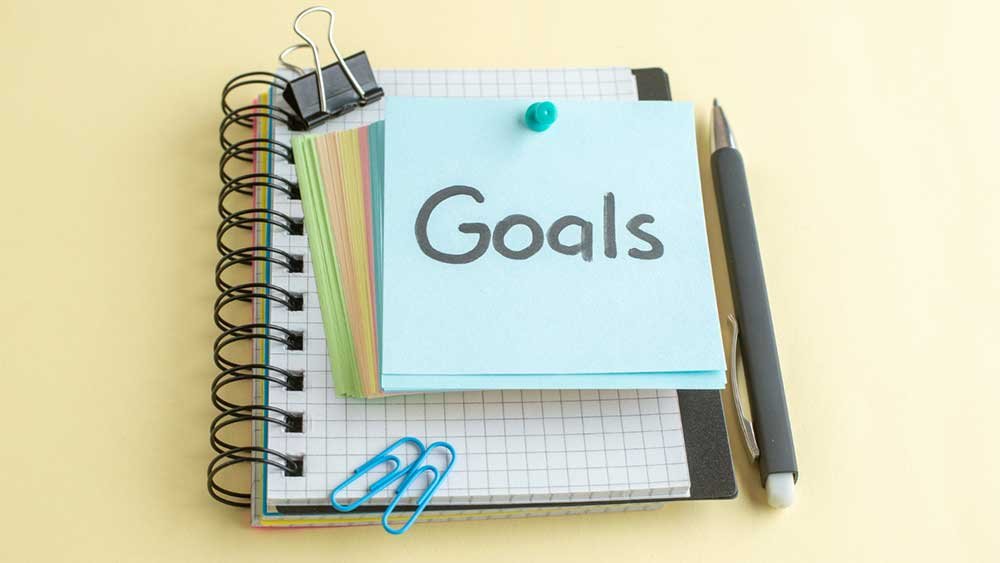
Set goals in your life. What do you want to achieve in your journey of healing mental health? Mental health goals include learning the skills of stress management, emotional regulation, social connection, physical activity, etc. It is just like setting friendship goals to find the perfect one who can understand you the most.
Write down the steps to achieve the goals in your life. These goals should be realistic based on your abilities.
7. Seeking Help is Not Being Weak

Mental illness is just like the illness of any part of our body. Just as we need treatment for any disease, treatment for mental illness is also necessary. It is not a sign of any weakness. Rather then, it reflects your inner courage and self-awareness.
8. Boost Self-Care With Gifts for Mental Health

To nurture mental well-being in everyday life incorporate self-care exercises into your everyday life. It means treating oneself with mindfulness gifts or exercises that promote relaxation, rejuvenation, and emotional balance.
It could be the soothing aromatherapy candle, subscription to a mindfulness app, or journaling prompts for mental health. All these mindfulness gifts remind us to prioritize self-care and mental health in everyday life.
9. Practice Mental Health Exercises

Include the exercises in your daily routine that boost mental health. Mental health exercises release stress, depression, and anxiety making you strong emotionally and mentally.
Mental health exercises include mindfulness, meditation, yoga, gratitude meditation, breathing exercises, physical activity, and sleep. These activities can also be enjoyed with your kids.
Also Read: Why is kundalini yoga dangerous?
10. You Are on the Way, It May Take Time to Heal

This mental health reminder gives you a sense of understanding of the process of healing.
Healing from mental health challenges, emotional wounds, and trauma may take time and occur gradually. It will bring hope and encourage patience and self-compassion.
Mental Health Reminders Routine

One can achieve mental health goals by sticking to a healthy routine. It includes establishing regular practices and habits that support mental health:
Mindfulness Meditation: Start your day with a mindfulness meditation exercise.
Self-Care Exercises: Include self-care activities in your routine, such as enjoying a meal, deep breathing exercises, stretching, or playing with a pet.
Positive Affirmations: Integrate positive affirmations into your daily routine to bring confidence and self-esteem.
Socialize: Spend time with family and friends or be supportive of the connections to foster a sense of connection.
Physical Activity: Physical exercises help to improve overall well-being. So, include some physical exercises in your daily routine.
Gratitude Meditation: Spend some time in gratitude meditation and express gratitude for the things you are grateful for.
Sleep: A good bedtime is essential for mental peace and health. So, focus on establishing a calming environment for restful sleep. If you have a sleep disorder you can also listen to green noise to improve sleep.
What Would be the Best Mental Health Reminder Strategies?

To achieve mental health, some key strategies to get the best results are:
- Visual Reminder: Place visual reminders like sticky notes on the most prominent places to remind you to practice self-care and engage in mental health activities.
- Digital Reminders: Set reminders on your phone or PC to take breaks to practice healthy, mindful exercises throughout the day.
- Daily Essentials: Prepare a routine to include mindful exercises like gratitude as your daily essentials.
- Answerability Partner: Make a partner in your healing process, such as a friend, therapist, or family member, to hold answerable for self-care and stick to mental health goals.
- Affirmations: Create a list of positive affirmations for positive self-talk and boosting self-esteem.
- Environmental Reminders: Make an environment around yourself that reminds you to prioritize self-care and mental health.
- Reflective Practice: At the end of the day, reflect on your mental health journey by noting any challenges and changes in your behavior. This can help to reinforce self-care and well-being.
Long-Term and Short-Term Benefits of Mental Health Reminders

Mental health reminders benefit us in both short-term and long-term aspects. Here are the visible short-term and long-term outcomes:
Short Term Benefits
- Engage with mental health reminders can immediately relieve stress and anxiety.
- Regulate emotions at certain moments like reducing feelings of distress and being overwhelmed.
- It increases energy. One can feel more energetic and focused.
- Engaging in mental health activities uplifts mood and increases positivity.
- Improve the overall well-being.
Long Term Benefits
- Consistently practicing mental health activities equip you with the coping strategies to face future challenges more effectively.
- Reduce the risk of mental health disorders.
- Lower the risk of diseases caused by stress and anxiety like diabetes, heart disease, or anxiety tingling.
- Relationships got better with others.
- Long-term mental health and physical health improvement.
Challenges In Implementing Mental Health Reminders And Their Solutions
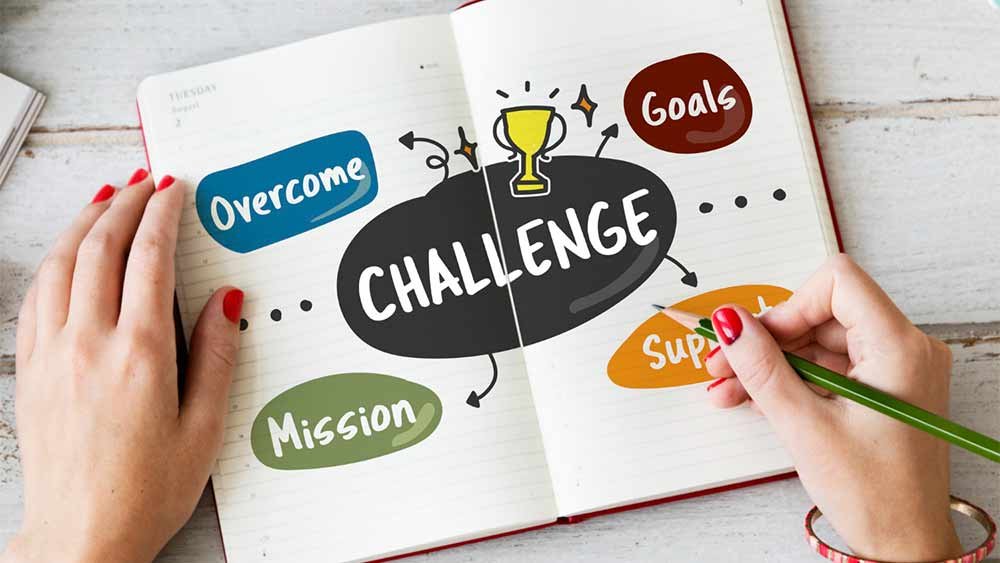
Mental health reminders come with many challenges. Here are the potential challenges and their possible solutions:
Inconsistency and Its Solution: To overcome inconsistency in implementing mental health reminders, set realistic reminders that suit your preferences. Use digital products such as smartphone apps and digital calendars to schedule reminders in your daily routine.
Lack of Motivation and Its Solution: In the long run, the journey of healing can be distracting. By remembering the benefits, like reducing stress and overall well-being, you can get instant motivation and commitment to your mental health goal.
Finding The Right Reminder and Its Solution: Everyone is unique and different. It is highly possible that any mental health reminder that works for one person can’t work for another. So, never lose hope. Be experimental to find the right reminder that works best for you.
Maintaining Momentum: Maintaining momentum can be difficult, but it can be achieved by celebrating even a little achievement. Regularly revisit the reminders to adjust them according to the evolving needs.
Wrap-Up
Mental health reminders are the coping skills to navigate healing. Asking for help and guidance is not a sign of weakness but reflects the strength and motivation to live a completely healthy life. Everyone is unique and different, so choose and move with your strategy. By focusing on self-care and implementing the right mental health reminders, one can achieve mental health goals.
